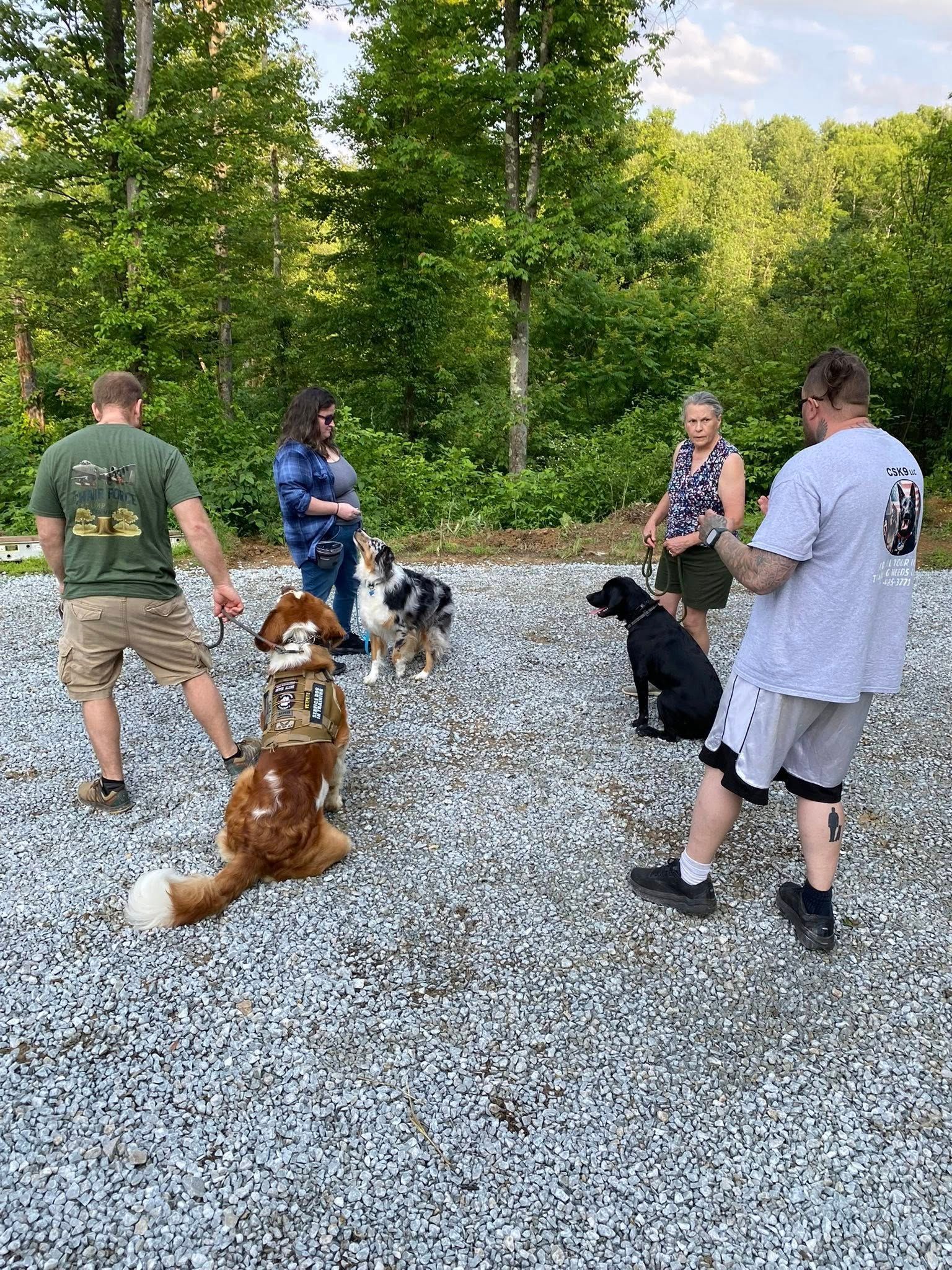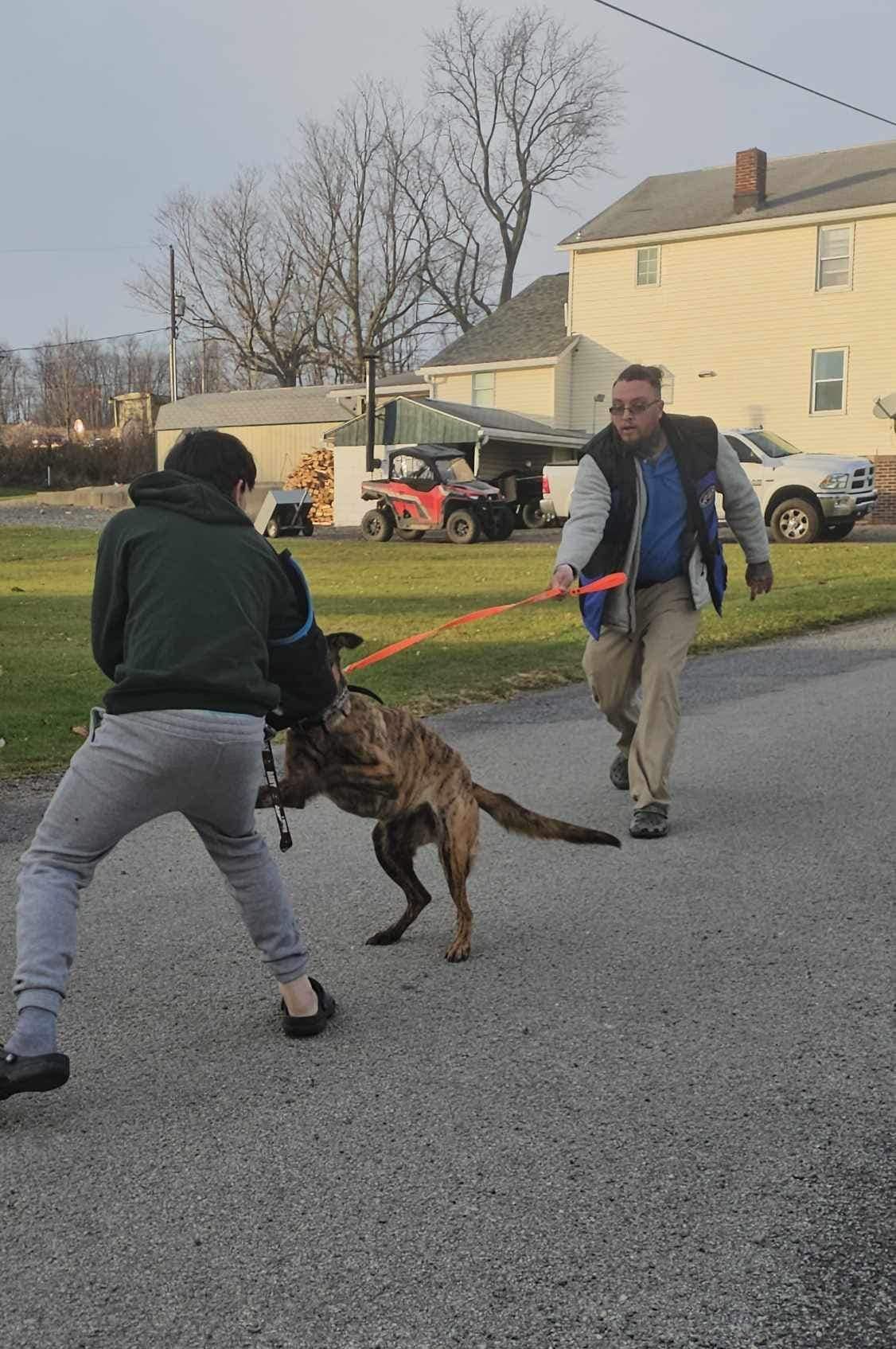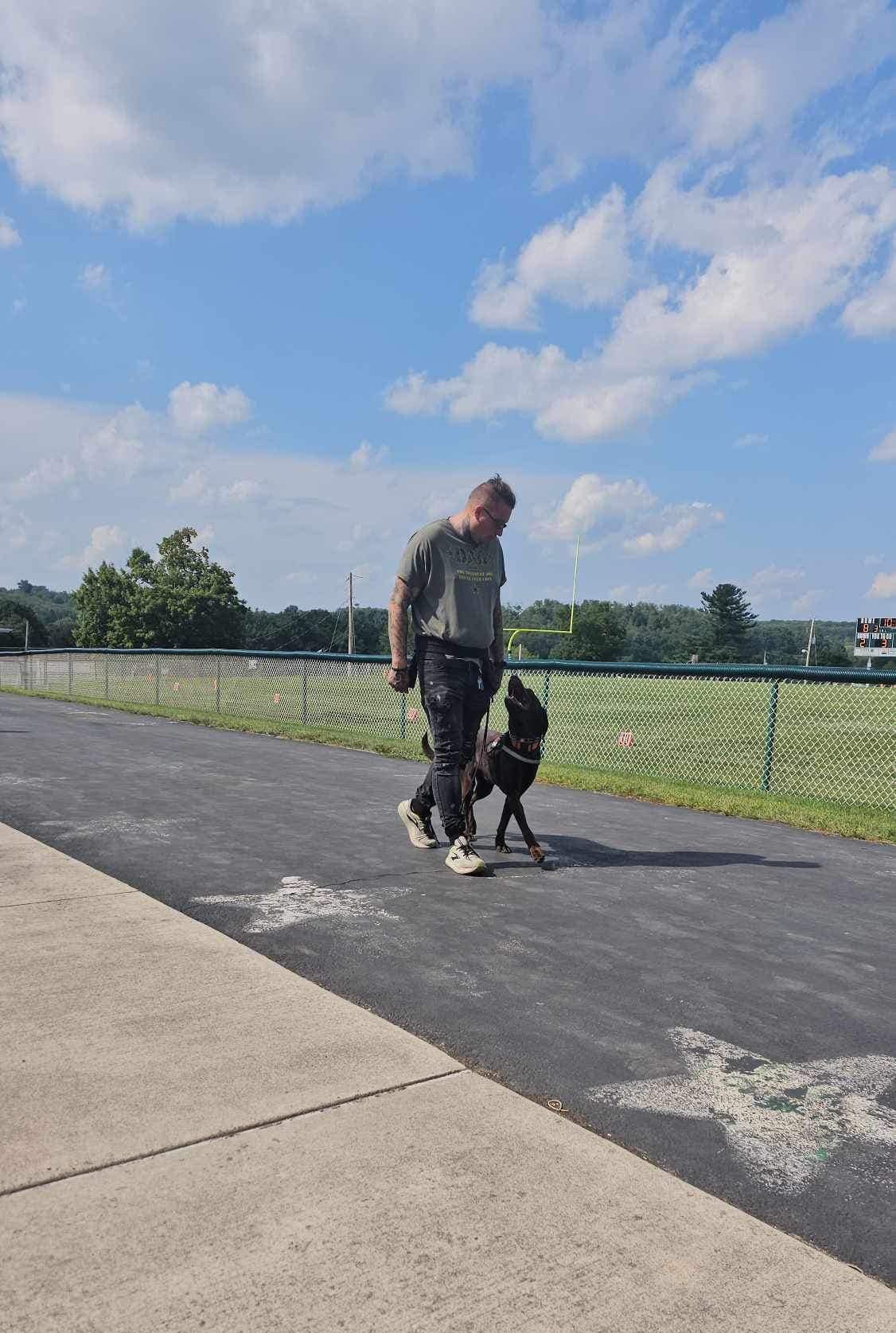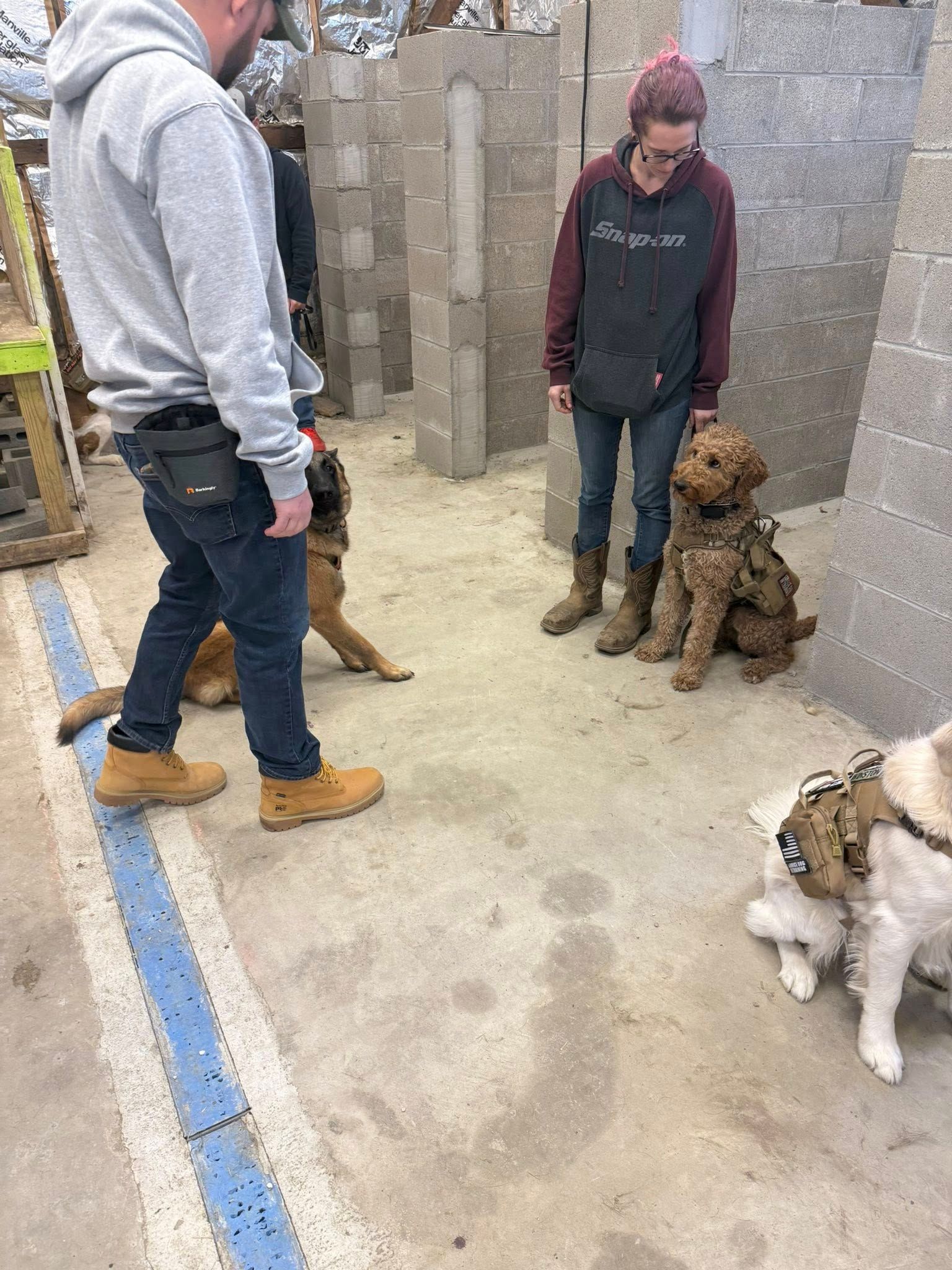Service Dog Training Programs in Greater Pittsburgh Area
Service Dog Training Programs in Greater Pittsburgh Area
Service dogs provide life-changing assistance to individuals with disabilities throughout the Greater Pittsburgh area. These highly trained working dogs perform specific tasks that enable their handlers to navigate daily challenges with greater independence and confidence, making them invaluable partners in improving quality of life.
Understanding Service Dog Classifications
True service dogs differ significantly from emotional support animals or therapy dogs. Under the Americans with Disabilities Act, service dogs are specifically trained to perform work or tasks directly related to an individual's disability, providing measurable assistance with daily living activities.
Common service dog categories include guide dogs for the visually impaired, hearing dogs for the deaf or hard of hearing, mobility assistance dogs for physical disabilities, medical alert dogs for conditions like diabetes or seizures, and psychiatric service dogs for mental health conditions like PTSD.
Comprehensive Training Requirements
Service dog training represents one of the most demanding forms of canine education, typically requiring 18-24 months of intensive work. Dogs must master not only basic obedience but also specialized tasks tailored to their handler's specific disability and lifestyle needs.
The training process builds systematically from foundation obedience skills through complex task work and public access training. Each dog learns to remain calm and focused in crowded, noisy environments while maintaining complete attention to their handler's needs.
Task-Specific Training Applications
Service dogs learn highly specialized tasks based on their handler's individual requirements. Mobility dogs provide balance support, retrieve dropped items, and assist with wheelchair navigation. Medical alert dogs detect changes in blood sugar, impending seizures, or other medical emergencies before symptoms become apparent to the handler.
Guide dogs navigate complex routes, avoid obstacles, and make intelligent decisions about safety. Hearing dogs alert to important sounds like doorbells, smoke alarms, or their handler's name being called. Each specialization requires extensive, specialized training protocols.
Public Access Rights and Responsibilities
Service dogs enjoy legal access to public spaces where pets are typically prohibited, including restaurants, stores, airplanes, and housing facilities. However, these rights come with significant responsibilities for both dog and handler.
Service dogs must demonstrate impeccable behavior in all public settings. They cannot bark inappropriately, show aggression, solicit attention from strangers, or eliminate indoors. Handlers must maintain their dog's training and behavior standards throughout the working partnership.
Training Timeline and Commitment
The service dog training process involves multiple phases spanning nearly two years. Initial selection and evaluation identify candidates with appropriate temperament, health, and learning ability. Foundation training establishes basic obedience and socialization skills essential for public work.
Advanced task training teaches disability-specific skills, while public access training ensures reliable behavior in challenging environments. Handler training teaches the individual to work effectively with their new partner, establishing communication and care protocols.
Support for Veterans and First Responders
Many Greater Pittsburgh area veterans and first responders benefit from psychiatric service dogs trained to assist with PTSD, traumatic brain injury, and related conditions. These dogs perform tasks like interrupting nightmares, providing stability during panic attacks, and creating physical barriers in crowded spaces.
Specialized programs often provide these life-changing partnerships at no cost to qualifying veterans and first responders, recognizing their service and sacrifice. Professional service dog programs work with VA systems and veteran organizations to facilitate these placements.
Ongoing Partnership and Maintenance
The relationship between handler and service dog requires ongoing attention and maintenance training throughout their partnership. Regular practice sessions keep skills sharp, while periodic professional evaluations ensure continued effectiveness and wellbeing for both team members.
Interested in learning more about service dog training programs serving the Greater Pittsburgh area? Contact CSK9 at (814) 485-3771 to discuss how our specialized training programs support individuals with disabilities and our commitment to providing life-changing service dog partnerships to those who need them most.



